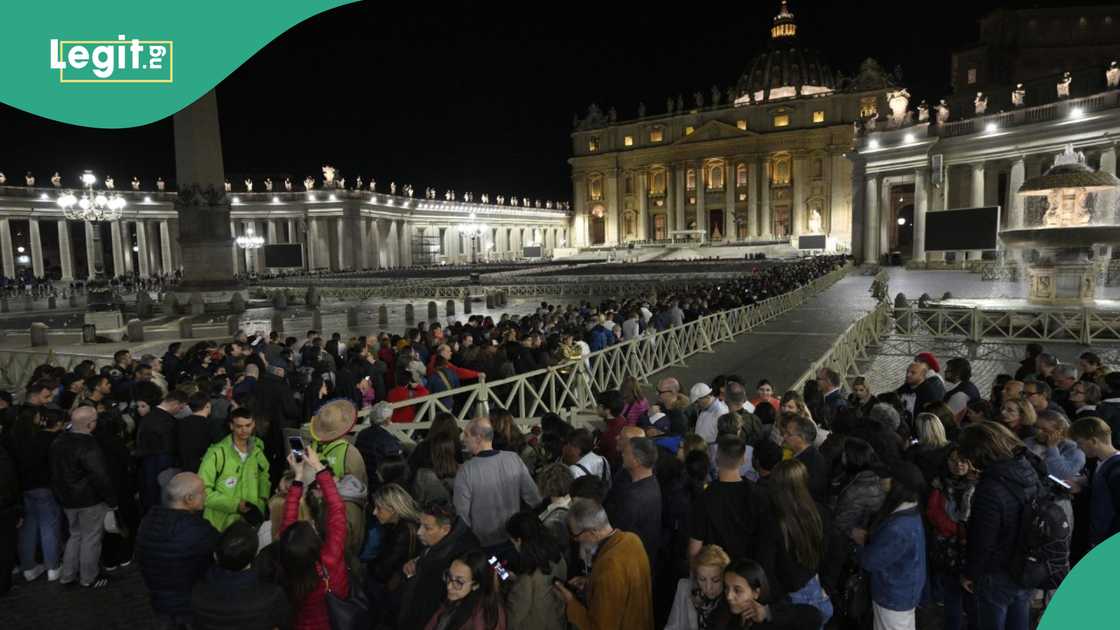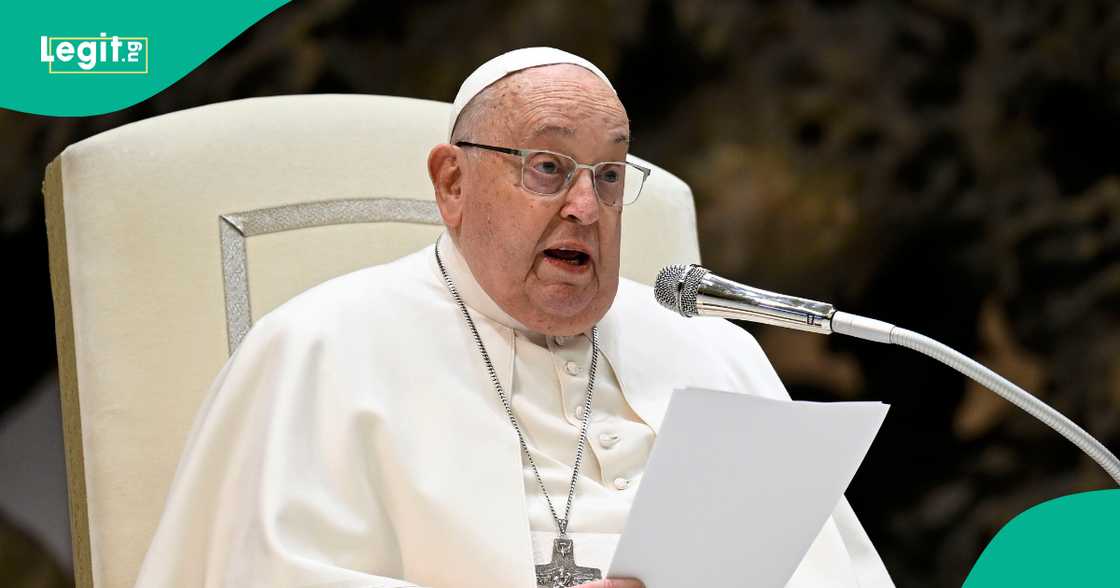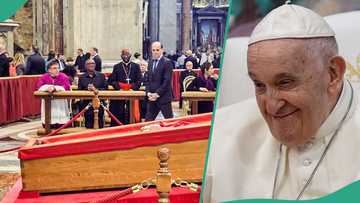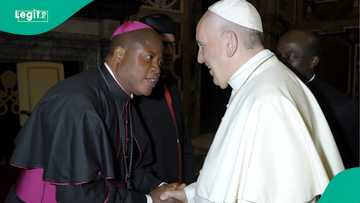Past Popes from Africa Introduced New Changes to Christianity, Invented Valentine's Day
- North Africa was once a thriving Christian heartland, producing popes who shaped Catholic traditions still observed today
- From establishing Easter Sunday to founding St Valentine’s Day, Africa’s popes left a lasting mark on Church history
- As Catholicism expands across sub-Saharan Africa, hopes rise for the continent to see its first pope in over 1,500 years
Now predominantly Muslim, North Africa was once a thriving Christian heartland, producing Catholic popes who left a lasting impact on the Church.
These papacies existed during the Roman Empire, spanning modern-day Tunisia, north-east Algeria, and western Libya.

Source: Twitter
Historian Prof Christopher Bellitto described the region as “the Bible Belt of ancient Christianity”, depicting its pivotal role in shaping early Church doctrines.
According to a report by BBC, many Catholics in Africa now hope the papacy will return to the continent for the first time in over 1,500 years, as discussions on Pope Francis’ successor intensify.
Victor I, Pope who fixed Easter on a Sunday
Believed to be of Berber origin, Pope Victor I led the Church at a time when Christians faced persecution for refusing to worship Roman gods.
His greatest legacy was ensuring that Easter Sunday became the universal day of celebrating Christ’s resurrection, ending the practice of following Jewish Passover dates.
Victor I convened the first Roman Synod, where he forced alignment on Easter’s date, threatening excommunication for bishops who opposed his decision.
He also introduced Latin as the common language of the Catholic Church, replacing Ancient Greek, which had been widely used.
Miltiades, Pope who received the first papal residence
African-born Pope Miltiades led during a transformative era when Christianity gained official acceptance in the Roman Empire.
His papacy coincided with Emperor Constantine’s shift towards tolerating Christianity, culminating in its recognition as Rome’s official religion.
Miltiades became the first pope to be granted an official residence, as Constantine gifted him a palace, marking a turning point for Catholic leadership.
Under his tenure, he oversaw the construction of the Lateran Basilica, regarded today as the mother of all churches in Catholicism.
Gelasius I, Pope who established St Valentine’s Day
Pope Gelasius I, though of North African descent, was believed to be born in Rome, making his African roots historically debated.
His contributions to Church doctrine remain significant, as he became the first pope to be called “Vicar of Christ”, defining the papacy’s role as Christ’s representative on Earth.
Gelasius I developed the Doctrine of the Two Swords, asserting the Church’s supremacy over the state, an ideology that influenced medieval politics.
His response to the Acacian Schism further solidified Rome’s authority over Christianity, reinforcing the power of the papacy over the Eastern Church.
In AD 496, he established St Valentine’s Day, officially commemorating the Christian martyr St Valentine, while transforming the pagan Roman festival of Lupercalia into a Christian tradition.

Source: Getty Images
Will Africa see another Pope?
Since Gelasius I’s reign in the 5th century, no pope has hailed from Africa, despite the continent’s growing Catholic population.
Catholicism has expanded rapidly in sub-Saharan Africa, with 281 million Catholics recorded in 2023, representing 20% of the global Church.
Three African candidates—Fridolin Ambongo Besungu (DR Congo), Peter Kodwo Appiah Turkson (Ghana), and Robert Sarah (Guinea)—are among the contenders to succeed Pope Francis.
However, experts believe the Church’s power remains concentrated in the North, delaying prospects of an African pope.
Prof Mwaura suggested that “Christianity is strong in Africa, but resources and influence are still in the North”, meaning an African pope may still be a distant possibility.
Food Cardinals eat before choosing new pope
Legit.ng earlier reported that for more than 750 years, strict rules have governed the food served to cardinals during a papal conclave to prevent any possibility of hidden messages influencing the election.
During the secret election for a new pope—scheduled to begin on 7 May—135 cardinals will be secluded inside the Vatican’s Sistine Chapel with no external communication allowed except for the traditional smoke signals indicating voting results.
Source: Legit.ng





